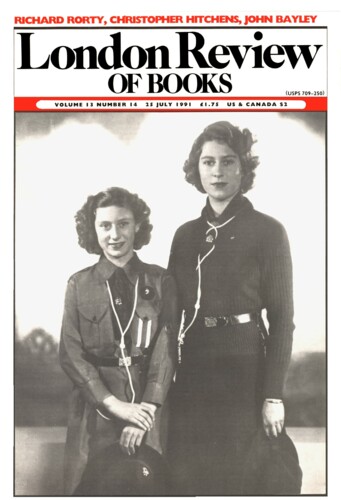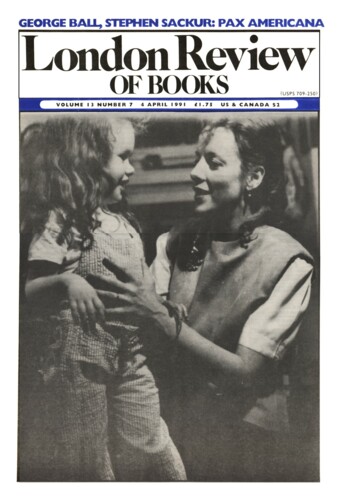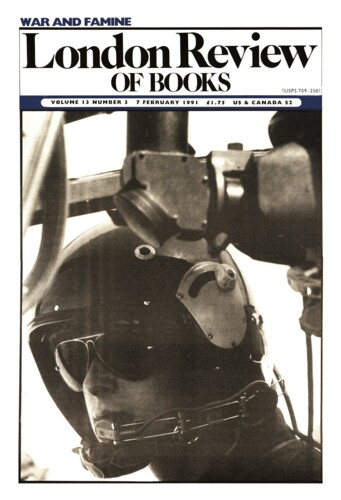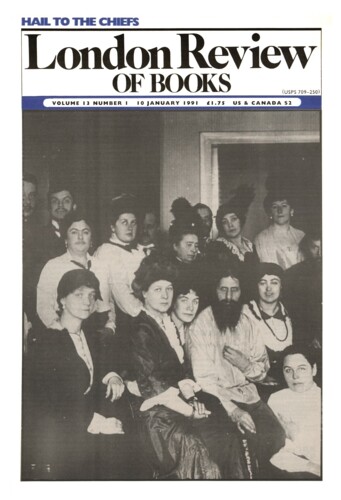Tales from the Bunker
Christopher Hitchens, 10 October 1991
The Beirut Golf Club possesses many advantages for the overseas visitor seeking a vigorous nine, or even 18, holes. For one thing, its greens and fairways provide the only remaining enclosed parkland in a city where urban blight is an increasing problem. For another, its caddies arc young and competitive and hire themselves out on a basis of keen but friendly rivalry. My own selection of Hassan, a lad of no more than twelve summers, proved especially fortunate. After judicious study of my game, he proferred advice on my swing which helped correct a lifelong tendency to slice. He also demonstrated resource and sagacity in dealing with the feral dogs which haunt the bunkers and, snarling and scrapping, constitute an unscheduled hazard on the longer drives and closer putts.





